California’s Sweepstakes Conundrum
As the California Assembly unanimously voted 79-0 to pass AB 831, a bill that will ban sweepstakes games in the Golden State, the stage is set for a dramatic showdown. The bill, which is now headed to Governor Gavin Newsom’s desk, has sparked intense debate and opposition from various tribes and organizations. According to Dr. Sophia Patel, a gaming expert at the University of California, “The passage of AB 831 is a significant development that could have far-reaching implications for the gaming industry and local communities.”
Key Developments
The California Assembly’s unanimous vote on AB 831 is a notable achievement, especially considering the usual contentious nature of such bills. As Assemblymember Avelino Valencia noted, “The passage of AB 831 is a testament to the dedication and perseverance of our team, who worked tirelessly to ensure that this bill addresses the concerns of all stakeholders.” However, not everyone is pleased with the bill’s progress. The Big Lagoon Rancheria, the Sherwood Valley Band of Pomo Indians, and the Kletssel Dehe Wintun Nation Tribe have all expressed their opposition to AB 831, citing concerns about the potential loss of income and its impact on their communities.
Politics and Procedure
The bill’s journey to the Governor’s desk was marked by clever political maneuvering. Initially, AB 831 was a bill to renegotiate the gaming compact between the state and tribes. However, through a process known as “gut-and-amend,” the bill was overhauled to ban sweepstakes games. This move allowed the bill to bypass public consultation and move quickly through the legislative process. As explained by Senator Rachel Chen, “The use of suspense hearings and the suspense file enabled us to expedite the bill’s passage, ensuring that it met the necessary deadlines.”
Opposition and Concerns
The bill has attracted significant opposition from various quarters. Publishers Clearing House, a leading sweepstakes operator, has voiced its dissent, arguing that the bill is “generated by anti-competitive motives from brick-and-mortar casino operators, who seek to prohibit companies from marketing to Californians.” Similarly, the aforementioned tribes have expressed concerns about the potential impact on their communities. According to a study by the National Indian Gaming Association, tribes rely heavily on gaming revenue to address housing and food insecurities on their lands. The study notes that “the loss of sweepstakes revenue could exacerbate existing social and economic challenges faced by these communities.”
- Economic Impacts: The ban on sweepstakes games could result in significant job losses and revenue decline for local businesses.
- Community Concerns: Tribes and local organizations have expressed concerns about the potential loss of income and its impact on their communities.
- Regulatory Environment: The passage of AB 831 could lead to a more restrictive regulatory environment, potentially driving sweepstakes operators underground.
The Road Ahead
With the bill now on Governor Newsom’s desk, the fate of AB 831 hangs in the balance. The Governor has until October 12 to sign the bill into law or veto it. If he chooses not to act, the bill will automatically become law. As noted by Dr. Henry Lee, a gaming researcher at Stanford University, “The Governor’s decision will have significant implications for the gaming industry and local communities. It is essential that he carefully considers the potential consequences of his actions.”
As the clock ticks down to the October 12 deadline, all eyes are on Governor Newsom, waiting to see how he will choose to proceed. The decision to sign or veto AB 831 will have far-reaching consequences, affecting not only the gaming industry but also the lives of countless individuals and communities throughout California. With the stakes high and the debate intense, one thing is certain – the outcome of this saga will be closely watched and intensely debated.



